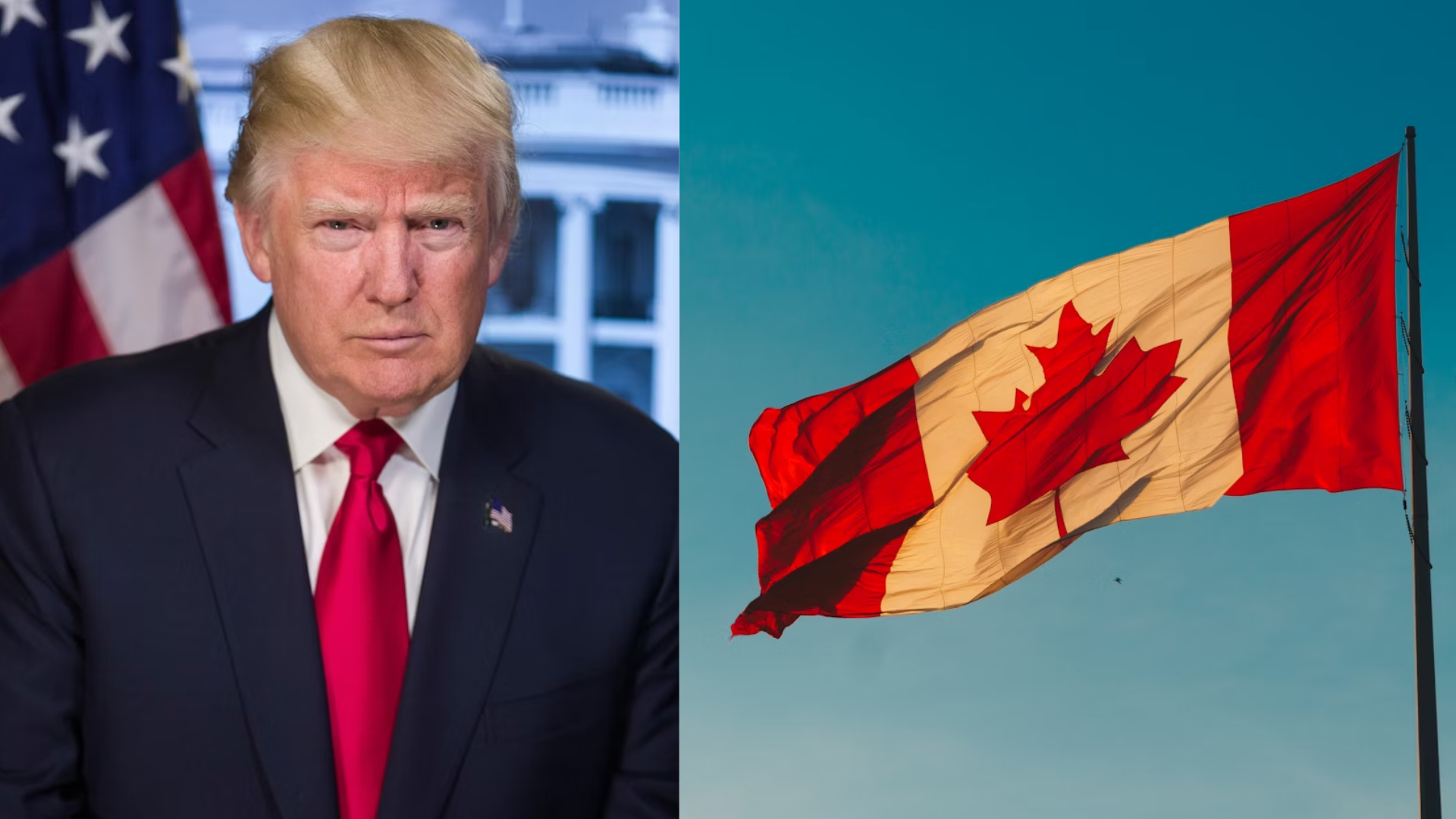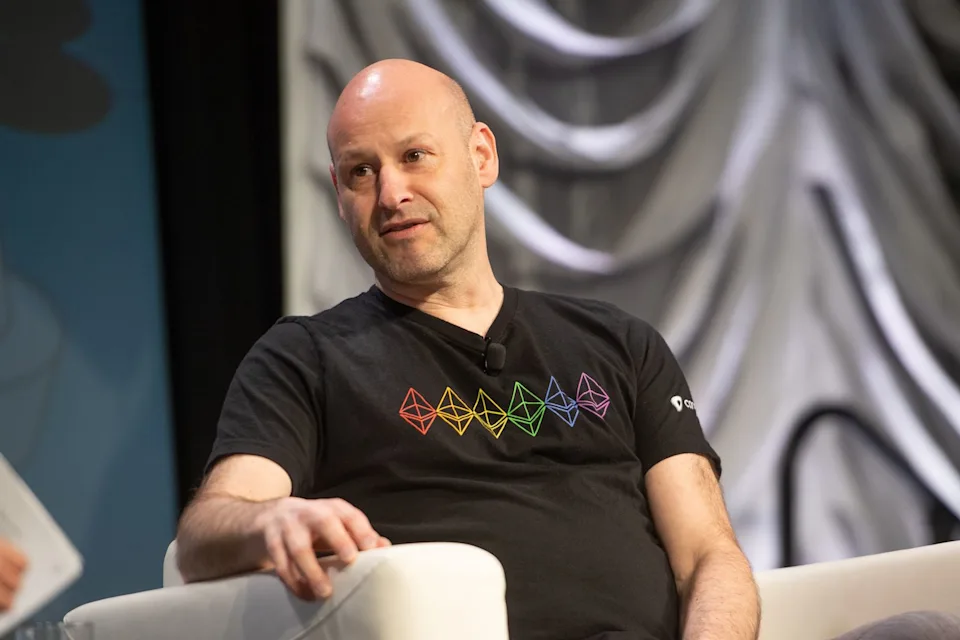Robinhood is facing fresh legal scrutiny, and this time it is coming from Florida. On Thursday, Florida Attorney General James Uthmeier announced an official investigation into Robinhood Crypto, accusing the trading platform of possibly misleading users with claims that it offers the lowest-cost way to buy cryptocurrency.
The probe, launched under Florida’s Deceptive and Unfair Trade Practices Act, raises questions about the transparency of Robinhood’s pricing model and whether its “zero commission” promise obscures hidden costs.
State Alleges Misleading Marketing
“When consumers buy and sell crypto assets, they deserve transparency in their transactions,” Uthmeier said in a statement. “Robinhood has long claimed to be the best bargain, but we believe those representations were deceptive.”
The attorney general’s office has issued a subpoena to Robinhood Crypto, a division of Robinhood Markets, seeking internal documents related to how it communicates pricing to users. The company has until July 31 to respond.
The Business Model Under Fire
Robinhood allows users to trade stocks and cryptocurrencies without charging direct commissions. Instead, it earns revenue through a practice known as payment for order flow, in which third-party trading firms pay Robinhood to route user orders through their systems. Critics argue this model may result in worse execution prices for retail traders, even if upfront fees appear to be zero.
In response, Robinhood’s General Counsel Lucas Moskowitz said the platform clearly discloses pricing details and revenue structure throughout the trade process.
“We are proud to be a place where customers can trade crypto at the lowest cost on average,” Moskowitz said.
Reputational Risk as Regulators Circle
The Florida investigation adds to the regulatory attention Robinhood has faced in recent years. Although the company has built a loyal user base with its sleek interface and no-fee trading model, its business practices have repeatedly attracted scrutiny from regulators. Past controversies have included trading outages, options-related risks, and communication of order execution quality.
If the Florida attorney general finds that Robinhood misrepresented its pricing, the company could face fines, revised marketing requirements, or additional investigations by other states.
What Comes Next
Robinhood Crypto has until the end of the month to respond to the subpoena. Both investors and users are likely to monitor the outcome closely, as it could set a precedent for how trading platforms advertise costs and define what low-cost trading actually means.
















